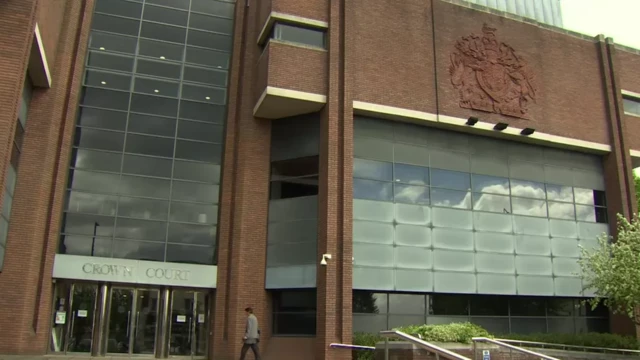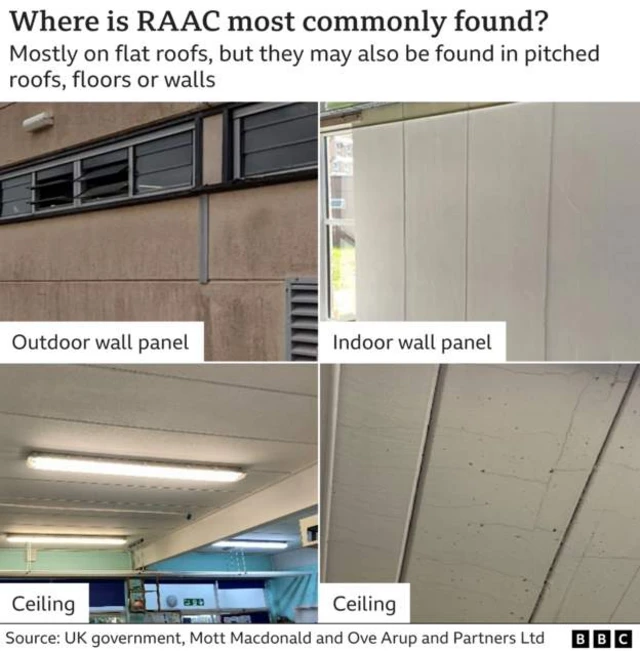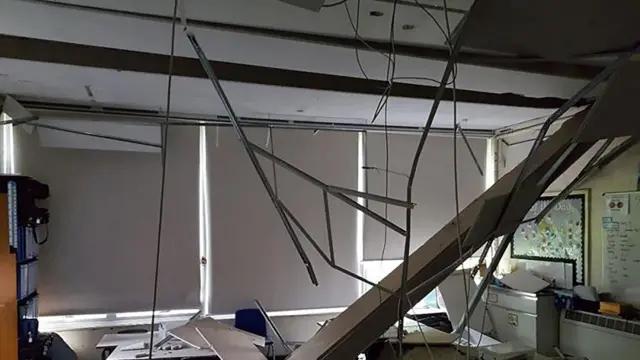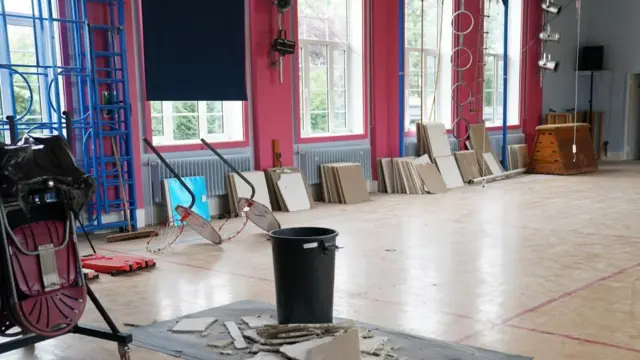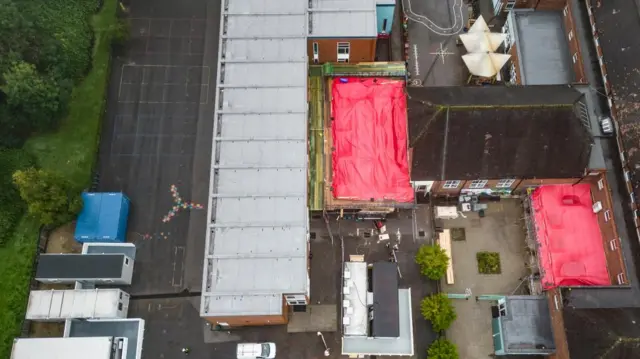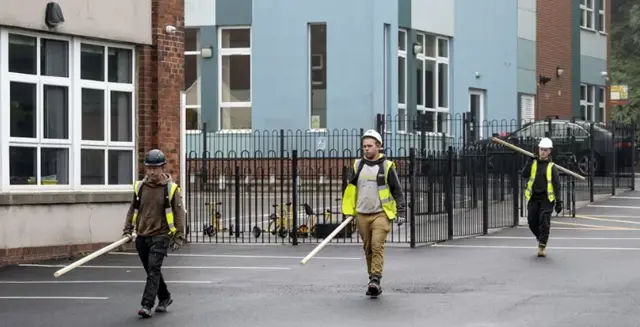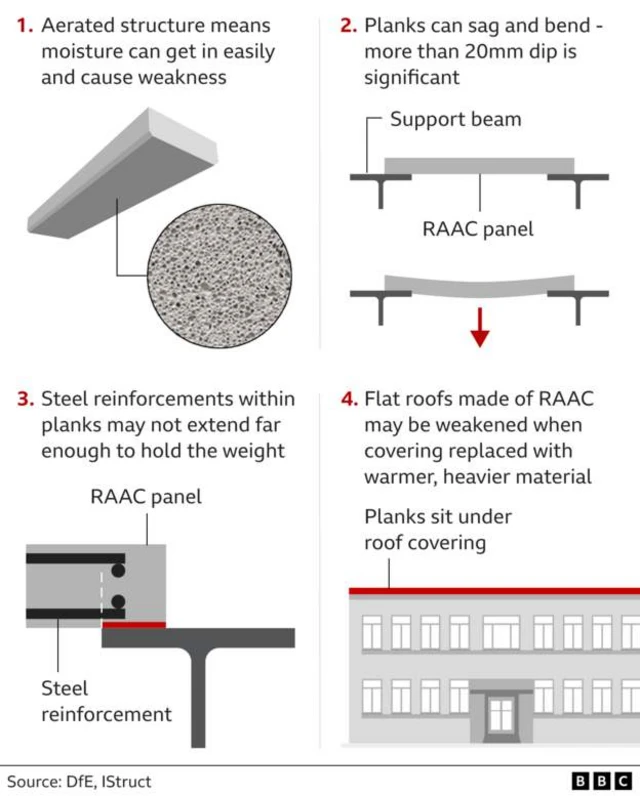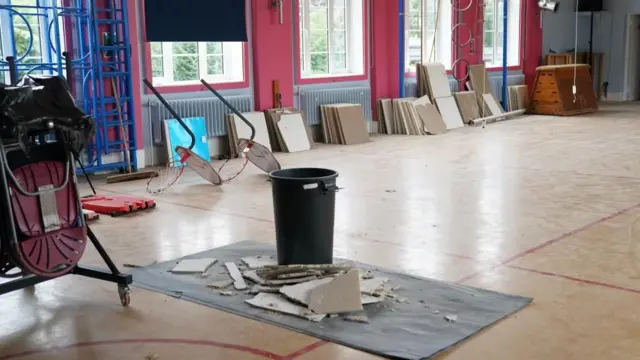That's it from uspublished at 16:40 BST 2 September 2023
Alex Therrien
Live reporter
We're now closing our live coverage. Thanks for joining us.
The writers were Emily Atkinson and Thomas Mackintosh and the page was edited by me.
Want to know why RAAC is a safety risk? Read our explainer here. You can look at our list of schools affected by closures here. And we've answered a bunch of your questions here.
